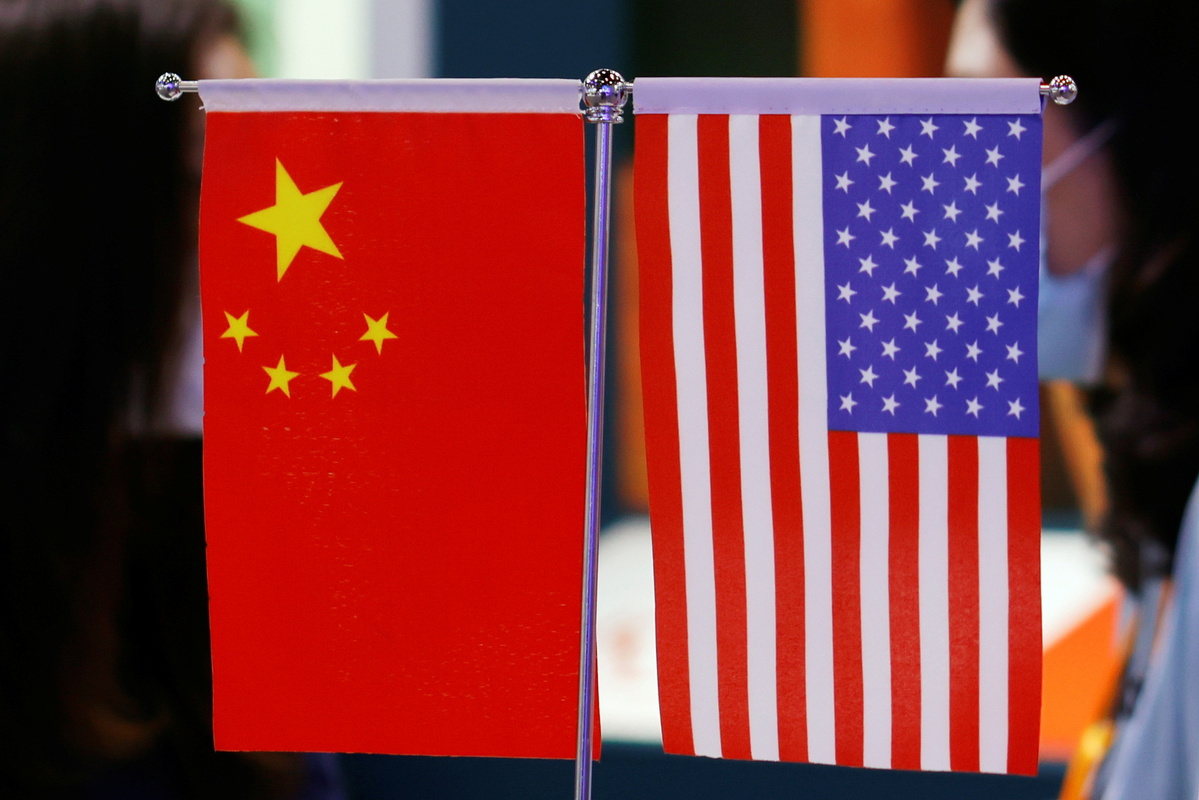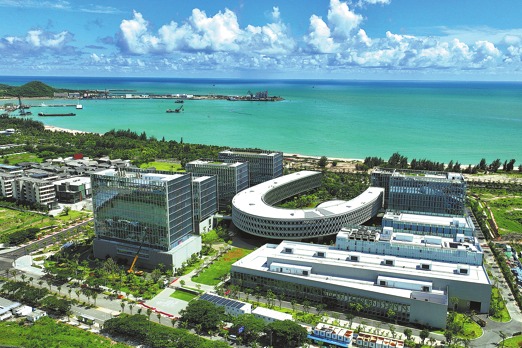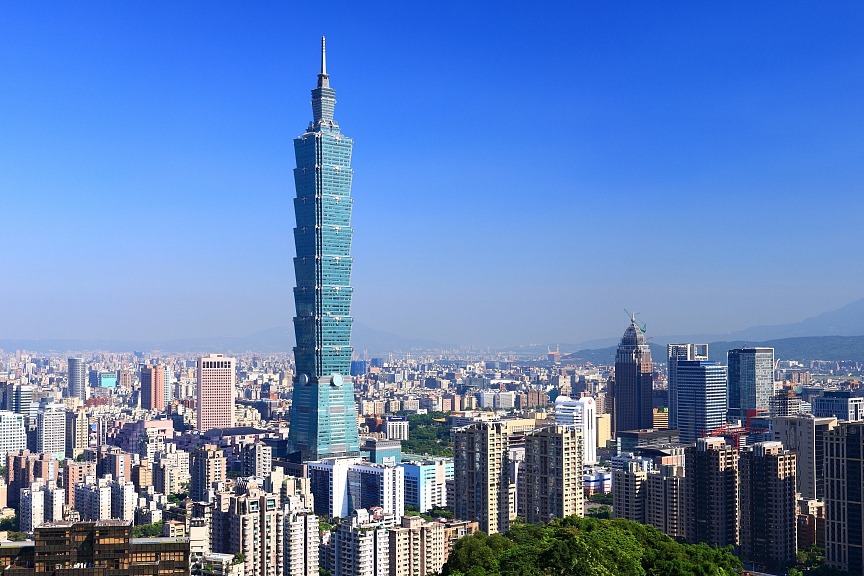Lessons from Nixon's historic China visit still relevant against any return to isolationist strategies


Former US president Richard Nixon's visit to China in 1972 offers key lessons that remain relevant amid the current tense relations between China and the US, analysts said.
This week marks the 50th year of the historic visit that normalized relations between the two countries. Analysts said that by reaching out to China, Nixon proved that "isolationist strategies" will not benefit the two sides.
According to Joe Thomas Karackattu, associate professor and faculty in-charge of the China Studies Centre at the Indian Institute of Technology Madras (IIT-Madras), the 1972 Nixon visit was "a critical moment in terms of abandoning rigidities in the Cold War's ideological camps".
Karackattu said the meeting between China and US leaders also signaled to the world that "isolationist strategies were not useful in furthering the larger cause of people's lives".
Peter Ngeow Chow Bing, director of the Institute of China Studies at the Kuala Lumpur-based University of Malaya, said the 1972 visit had "a major impact" on global geopolitics, noting that the US' decision to engage with China rather than isolating it was the "right choice".
He cited Southeast Asian countries, China's closest neighbors, and how this visit also encouraged them to reach out to China. Malaysia established diplomatic ties with China in 1974, while Thailand and the Philippines followed suit a year later.
"That legacy (of engaging with China) is still … relevant today," Ngeow said.
Relations between the two countries have soured in the past few years. The trade war, the US diplomatic boycott of the Winter Olympics and disagreements over Taiwan and Xinjiang have frayed bilateral relations.
Ngeow said China-US relations have been through "drastic transformation" since the 1972 visit. But he believes the spirit of that historic visit needs "to be respected" and that both countries have to find a way to manage the differences that will stabilize the bilateral relationship.
Austin Ong, program manager of Manila-based think-tank the Integrated Development Studies Institute, said that despite their differences both Nixon and late Chinese leader Mao Zedong realized their "best hope" to navigate the challenges of their times was to "work together and manage their differences".
This, he said, ushered in a golden decade in China-US relations that benefited Americans and Chinese as well as other peoples.
But nowadays, Ong said the average American and Chinese "believe that they know more about the other".
"Many of these perceptions are distorted as they are based on preconceived images of each other (as portrayed) by the mainstream media," he said.
In a press briefing on Feb 21, China's Foreign Ministry Spokesperson Wang Wenbin said Nixon's visit "ended the long estrangement between the two countries".
Wang said the root cause of the current problems between China and the US is that some people in the US, based on seriously misguided perceptions of China, regard China as a major strategic competitor or even an "imaginary enemy" and want to contain China in all dimensions.
"I want to stress that China's development only aims to provide a better life for the Chinese people, not to challenge or replace the US. The US side should not seek to change or even suppress China," he said.
Karackattu of IIT-Madras said bilateral relations have been beneficial for both sides as seen in the rise of their trade and economic ties.
China is currently the US' top trading partner. According to the Office of the US Trade Representative, trading in goods between the two amounted to $559.2 billion in 2020, while trade in services totaled an estimated $56 billion.
But Karackattu said Nixon's visit was not the sole factor that strengthened the relationship between the two countries. He said China and the US "invested years of effort" to promote people-to-people ties and trade and commerce.
"Those efforts shaped the future of the bilateral relationship at the turn of this century, and in many ways attenuated the ambiguity away from political opportunism around many important issues," he said.
Karackattu said the 1972 visit laid the foundation for a relationship that grew in strength from the iteration of economic interdependence over the next few decades.
"That yielded a certain kind of relationship. However, the choice of zero-sum strategic competition over economic interdependence, as has been practiced in recent years, has resulted in the downturn that we are seeing from the last few years. Only a change in approach could help reset the relationship," he said.


































